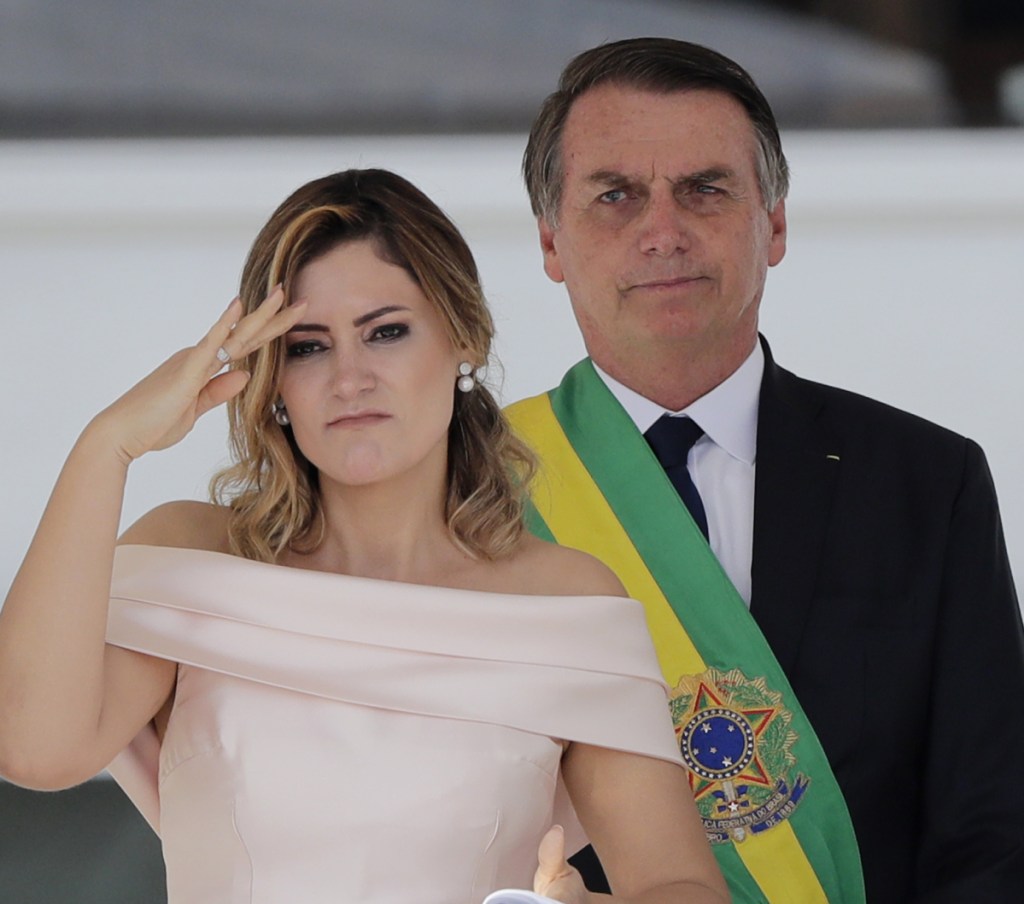SAO PAULO — Newly installed President Jair Bolsonaro targeted Brazil’s indigenous groups, descendants of slaves and the LGBT community with executive orders in the first hours of his administration, moving quickly after a campaign in which the far-right leader said he would radically overhaul many aspects of life in Latin America’s largest nation.
Sao Paulo’s stock market, meanwhile, jumped 3.56 percent to a record closing of 91,012 points as new Cabinet ministers reinforced the intent to privatize state-owned companies and a Brazilian arms maker benefited from Bolsonaro’s plans to loosen gun controls. Similar spikes in stock prices also occurred during the presidential campaign.
One of the orders issued late Tuesday, hours after Bolsonaro’s inauguration, likely will make it all but impossible for new lands to be identified and demarcated for indigenous communities. Areas set aside for “Quilombolas,” as descendants of former slaves are known, also are affected by the decision.
Another order removed the concerns of the LGBT community from consideration by the new human rights ministry.
In a move favorable to his allies in agribusiness, which have criticized giving large swaths of lands to indigenous peoples, Bolsonaro transferred the responsibilities for delineating indigenous territories from the Justice Ministry to the Agriculture Ministry. The new agriculture minister, Tereza Cristina, is part of the agribusiness caucus in Brazil’s lower house and has opposed requests from native communities.
Bolsonaro, a former army captain and longtime congressman, said during his presidential campaign that he would stop making what he calls concessions to native Brazilians and Quilombolas.
“Less than one million people live in those places isolated from the real Brazil,” he tweeted Wednesday. “They are explored and manipulated by nonprofits. Together we will integrate those citizens and give value to all Brazilians.”
Observatorio do Clima, a network of 45 Brazilian civil society groups, criticized the executive orders, calling them “only the first step on meeting Bolsonaro’s campaign promises of dismantling environmental governance, stripping indigenous peoples of their rights and opening up indigenous lands for business.”
Send questions/comments to the editors.


